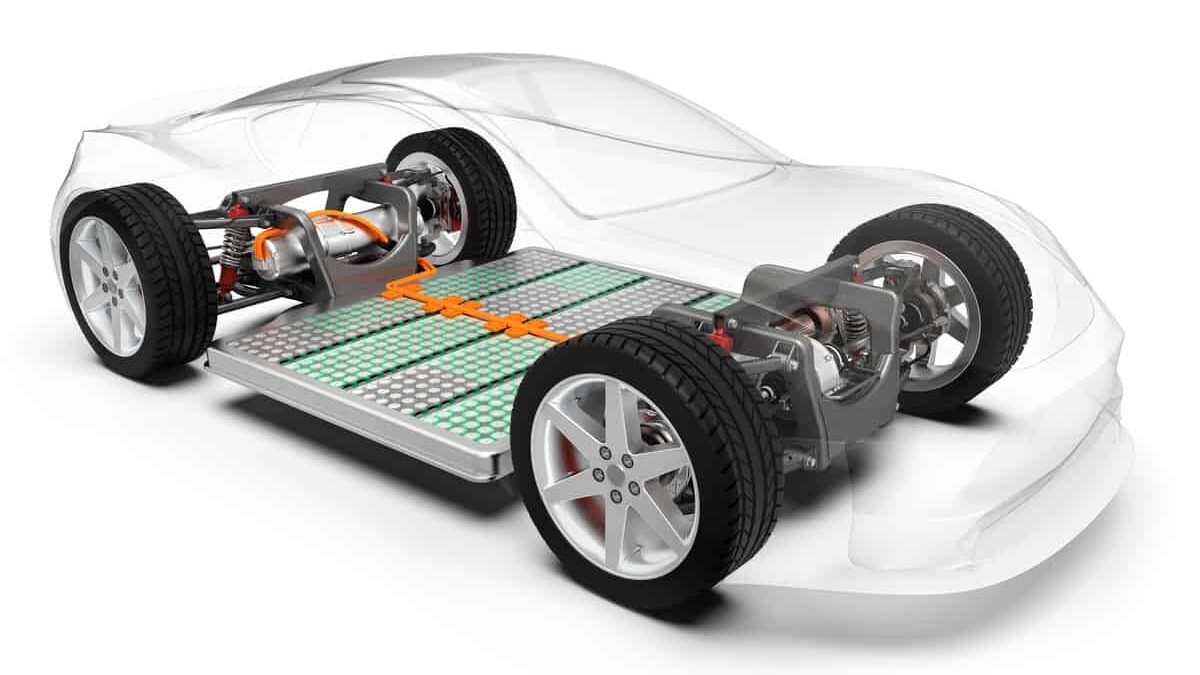Panasonic plans to quadruple its production of electric vehicle batteries by fiscal 2028.
The battery manufacturing unit of Panasonic Holdings Corp. announced on Wednesday its plans to increase its production. The manufacturer aims for a quadruple production capacity of EV batteries by 2028. It expects an increasing demand from its US automaker client Tesla.
Panasonic Energy also has plans to revamp its plant in Wakayama Prefecture, western Japan, to begin mass-producing its next-generation 4680 battery cell in fiscal 2023 to be supplied to Tesla, according to The Mainichi Japan.
The manufacturer already shipped its 4680 batteries to Tesla on Wednesday. Accordingly, the batteries will be massed produced in the Wakayama plant in Japan before they move the production to North America.
“A pilot line, created first in Japan, made it possible to start large-scale prototype production in May,” said Kazuo Tadanobu, Panasonic Energy, during its annual investor event via Reuters.
Tadanobu also hopes to help people become more familiar with EVs by increasing next-generation battery production.
Panasonic already has a manufacturing plant in the US located in Nevada. The facility supplies smaller batteries to Tesla. Its production capacity was recently increased to 39 gigawatt-hours (GWh).
Accordingly, Tesla is the only known automaker that uses Panasonic’s new cells. The new batteries are five times bigger than the current batteries being supplied. In line with this, Panasonic aims to help Tesla reduce production costs and increase its vehicle range.

